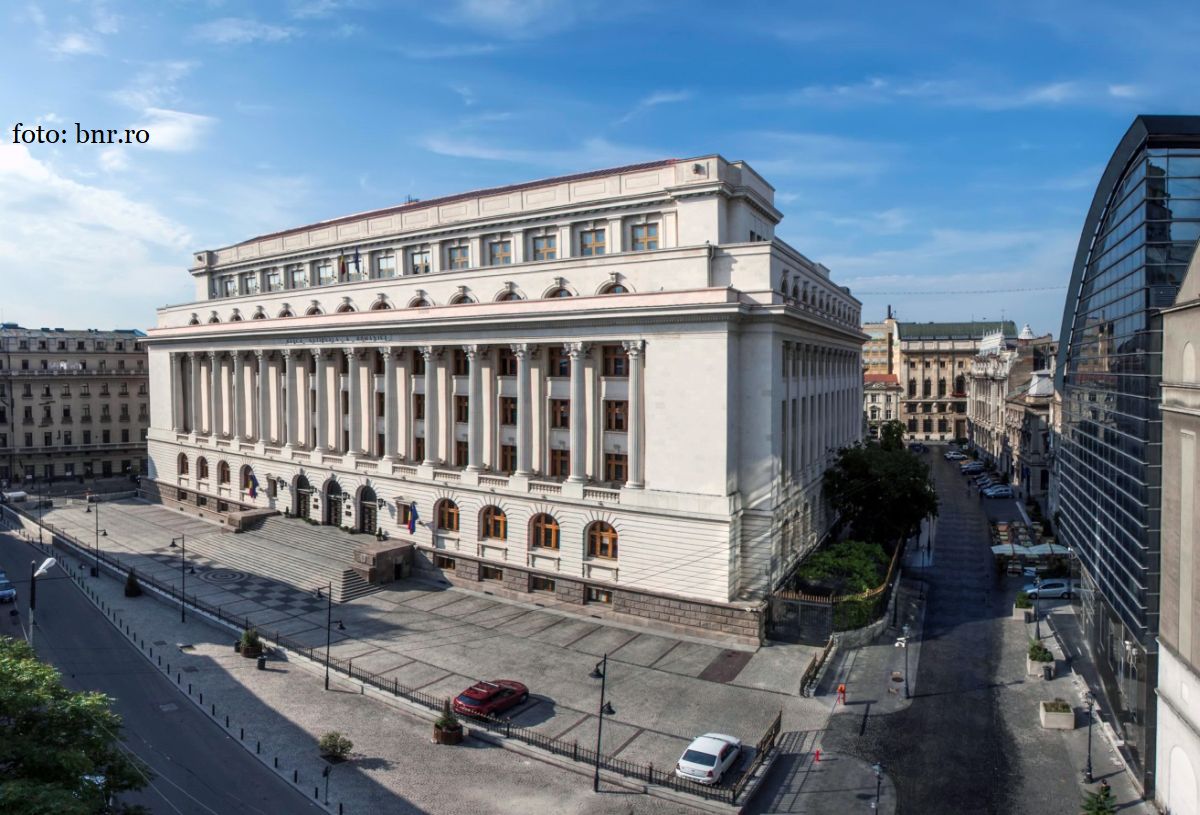National Bank regulations for interest rates
The National Bank of Romania has adopted new measures to stabilize long-term prices.

Daniela Budu, 04.10.2018, 11:54
The National Bank of Romania has decided to maintain the monetary policy interest rate at 2.5% per year. According to an official release, the decision is primarily aimed at ensuring the stability of prices on the long term, considering the latest estimates have confirmed the downward trend of the annual inflation rate. Financial analyst Cornel Cojocaru told Radio Romania that the decision reflects certain economic elements that point to the downward trend of the inflation rate.
Cornel Cojocaru: “This decision tells us, on the one hand, that the Central Bank has a growing confidence in the descending curb of the inflation rate, down to 3.5%, and possibly even to 3% in 2019. Of course, there are uncertainties and risks regarding prices for foodstuffs, because after all this is only an estimate. In turn, fuel prices, the developments on the global oil market, prices for gas and electricity, as well as the evolution of the labor market and fiscal policy come with additional uncertainty”.
Cornel Cojocaru believes, however, that the Bank’s decision leaves room for maintaining a 4% quarterly GDP growth. Moreover, the financial analyst says the price volatility is on the wane while the exchange rate has stabilized. According to National Bank Governor, Mugur Isarescu, the Central Bank seeks to give the exchange rate increased credibility when it decided to increase the monetary policy interest rate relatively early. For half a year, the national currency has been under fire due to certain statements, estimates and analyses that showed the rate was depreciating or exceeding certain ceilings. Governor Isarescu said the measure turned out to be the right call, given that this year the Leu was more stable than other regional currencies. As regards measures the Bank is preparing in order to put a cap on maximum public debt, Governor Isarescu claims these are not meant to limit lending, but are meant as a precautionary action.
Mugur Isarescu: “Our actions are grounded on sound lending. Credit owners should best evaluate their possibilities to pay back the loans, so that we should no longer face unpleasant surprises, where the population and the corporate sector find they can no longer pay back their loans. These are matters of financial stability that stir our concern. Along similar lines, it would be best for the industry as well to reduce the number of underperforming loans”.
Economic pundits claim the National Bank seeks to keep consumption in check, considering it has become an unsustainable engine for economic growth in a country such as Romania.
(Translated by Vlad Palcu)






























